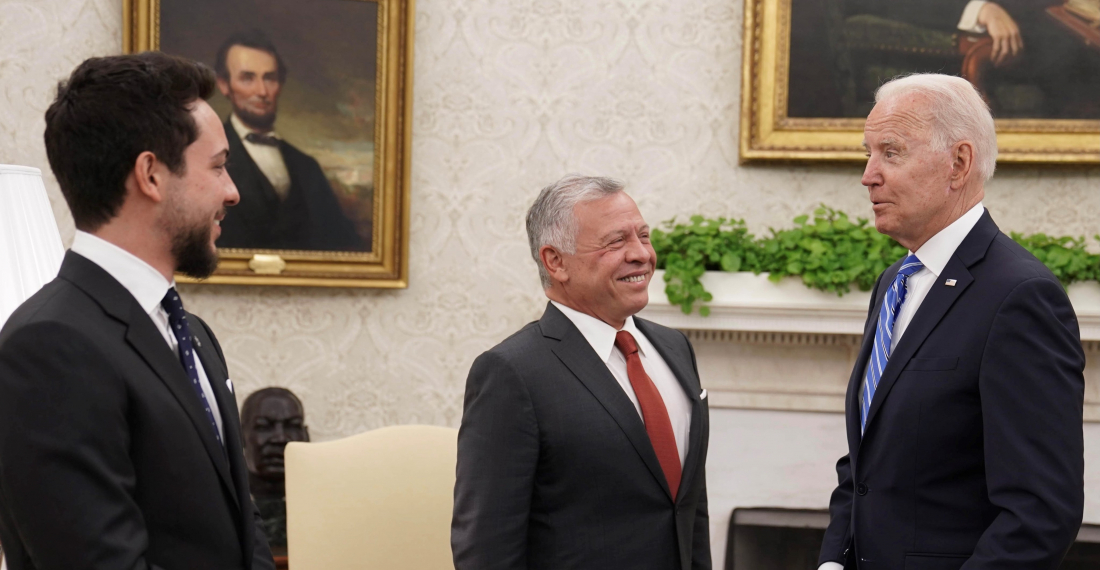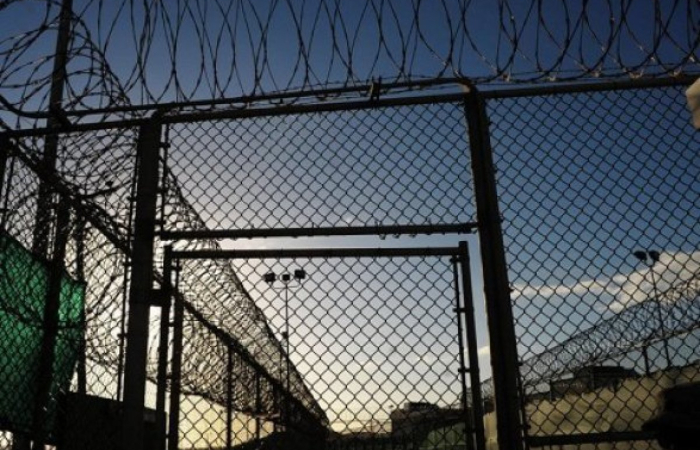US President Joe Biden met with Jordan's King Abdullah on Monday (19 July) during his visit to Washington DC. Jordan remains one of the United States' closest friends in a volatile and often hostile neighbourhood. The meeting is the first of three meetings Biden is expected to hold with key Middle East leaders, with the Iraqi prime minister, Mustafa al-Kadhimi, scheduled to visit the White House next week, and a visit by new Israeli prime minister, Naftali Bennett, soon after.
Biden called the king a "good, loyal, decent friend", while the Jordanian king said that the United States has always been there for Jordan.
The covid-19 crisis, the Syrian peace process and the US-Jordan defence relationship were discussed but the bulk of the discussions were on the Middle East peace process and the situation in Jerusalem, in which the US views King Abdullah as a moderate and pragmatic leader who can play a mediating role.
King Abdullah later met Vice-President Kamala Harris and US Secretary of State, Anthony Blinken. The Spokesperson for the US State Department, Ned Price, said that Secretary Blinken reiterated the United States’ strong commitment to the US-Jordanian strategic relationship, including US support for Jordan’s progress on economic growth and reforms.
King Abdullah, joined by his son, Crown Prince Hussein, is also meeting several officials and legislators to discuss economic and security co-operation.
King Abdullah has ruled Jordan for the past 21 years but has experienced difficult relations with Biden’s predecessor, Donald Trump. The US-Jordan relationship is steered back to the normal course as King Abdullah becomes the first Arab leader to visit Biden in Washington.






